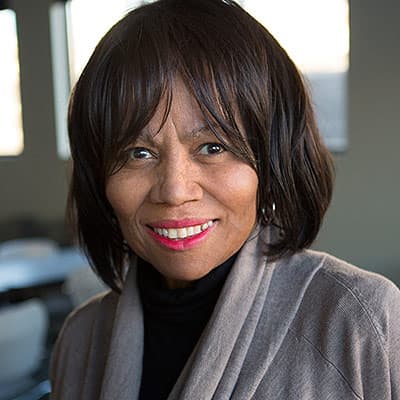Advertisement
Ex-Prisoners Play A Role In Boston's Increase In Violence
Boston Police still have made no arrests in connection with the Fourth of July violence that left four people dead and more than a dozen others wounded.
In the week since there have been even more shootings. As the city struggles with this latest spate of violence, part of the problem is the changing demographics of who police are looking for.
When violence happens in the City of Boston, the talk turns quickly to youthful offenders. The city’s had a long history with violent youth crime. Mayor Thomas Menino has had a laser-like focus on reining it in.
“Most of the people who’ve been arrested recently for shootings are in their 20s and 30s. These are guys, some of them who’ve done time, came out, some of them with the best intentions of living a different life, but because of their records doors are closed to them."
Judge Leslie Harris
"It’s very frustrating what’s happened, because we put a lot of resources out there. The recklessness of some of these young people, [they] don’t care about life," Menino said.
Though it is still a problem, prevention programs targeting youth violence have paid off.
“Juvenile crime has been going down for the last few years, not just in Boston — across the country," said Judge Leslie Harris, who has presided over cases in juvenile court in Boston for nearly 17 years.
"What’s wonderful in Dorchester, it’s gone down more than almost anyplace else. I know that there are a lot of people out there working: street workers, church people, community people reaching out to young people."
Harris said there are new challenges now, posed by those who were youthful offenders sent to prison during the violence of the 1990s. Many of them are back out on the street.
“Most of the people who’ve been arrested recently for shootings are in their 20s and 30s," Harris said. "These are guys, some of them who’ve done time, came out, some of them with the best intentions of living a different life, but because of their records doors are closed to them. So they end up going back to what they were doing before."
Advertisement
The numbers tell the story: The 17-year-old buried this week was the only teenaged victim in the Fourth of July killings. The others were in their 20s and 30s.
And when the Boston Police Department’s youth violence strike force and drug control unit carried out warrant sweeps in the wake of the shootings — arresting more than two dozen people — only one was a teenager. The others were in their 20s, 30s, 4os, even 50s.
Tony Robinson sees this trend as a street worker for StreetSafe, a Boston Foundation program that seeks to prevent violence and drive down crime by building relationships with so-called "impact players," hardcore gang members.
"I think there’s a lot of issues around guys that are getting out of jail, that may have issues with guys from times past, and when they get out the feud is still going on," Robinson said.
According to Robinson a key factor is economics: folks get out of prison, need money, can’t get a job and go back to what they’re used to — for example, selling drugs.
"Because if you’re on somebody else’s turf, and they’re tying to make some money then there are going to be some problems," he said.
"Really, honestly there's older guys that get out of prison at times, and the younger guys have been holding down that block or that area, so when the older guys get out they want the block back and some of these young guys are not having it."
Robinson and other street workers focus on teenagers, connecting them with resources, including re-entry programs, creating choices so they don’t re-offend.
The city faces another hurdle: the re-entry of older offenders, out of reach of targeted programs like StreetSafe.
This program aired on July 15, 2011.
